Gift-shop employee Steven Grant’s world is turned upside down after discovering he shares his body with mercenary, Marc Spector. Granted superhuman abilities by the Egyptian deity Khonshu, Steven/Marc must navigate their overlapping realities to stop a dangerous force from being unleashed on the world. Moon Knight is Marvel’s bravest and bloodiest foray into the horror genre, with a superpowered twist.
In this Goggler exclusive, we speak to directors Justin Benson and Aaron Moorhead, on their cinematic influences and the distinctive episodic styles of Marvel’s Moon Knight.
Umapagan Ampikaipakan: I was wondering if you could talk to me about some of your cinematic inspirations in crafting those episodes. I mean, the universal monster movies aside, I was getting some strong Indy/Marion vibes between Marc/Steven and Layla. What were some of your cinematic inspirations?
Justin Benson: It’s so funny. That’s such a good question, and it’s funny because we’re always trying to create content where no one would detect what our inspirations were. It’s like the opposite of doing an homage. It’s like we’ll talk internally about what it was and then not want to tell anybody.
Aaron Moorhead: Yeah. (laughs)
UA: I promise I won’t tell anyone.
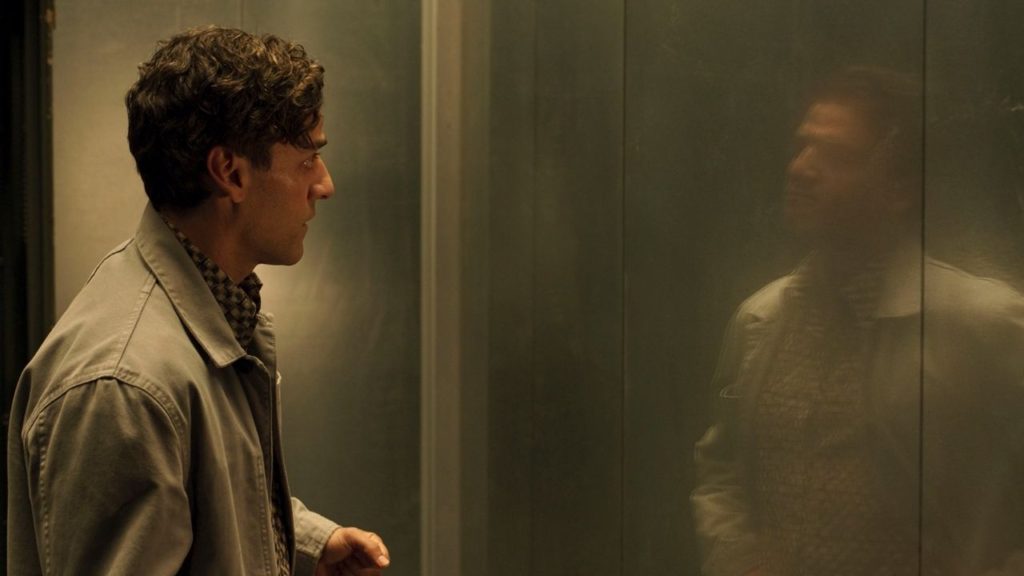
JB: Children of Men.
AM: Yeah, you know what’s funny? A lot of the visual language and the editing language and rhythm was defined by Children Of Men.
JB: No Country For Old Men.
AM: Yeah, No Country For Old Men. I mean, these are all great movies. And it’s funny because we worry about comparing ourselves to the greats. But we can tell you that we are also fans of great movies. And so we do watch them and try to emulate why these movies are entertaining to watch, and also seem to have a deeper thematic resonance.
The movie doesn’t end and you go, “Oh cool movie, I enjoyed it for two hours.” The story’s not over. Your brain is still working on it. You’re going to bed like, “That movie, what was it really about?” And we really tried to bring in all the things like Justin (Benson) just mentioned.
JB: You probably will never feel this in the series, but there was a lot of discussion of David Lean. And especially being in the Jordanian desert roughly where Lawrence of Arabia was shot. And I don’t know if this is an inspiration, but my parents met at a double feature of Lawrence of Arabia and Doctor Zhivago. So I’d be in that desert just thinking like, “Oh, I don’t exist without this desert.” And David Lean. (laughs)
AM: Even on simpler, broad, aesthetic levels, we’d look for movies with dualities like persona or reflections. You know, lots and lots of reflections. See how people presented the desert before we did. See if we wanted to steal or steer away from it in that way. Sorry, this is a really meandering answer.
UA: No, it’s very cool!
UA: How did you guys approach shooting the series, did you guys shoot it as one six-hour film? Because we’ve seen four episodes of it and it doesn’t feel very episodic.
AM: Calling it TV would not be accurate, and calling it a six-hour movie wouldn’t quite be accurate either. I guess what it is for us is there is a singular story which really just hinges on one thing: the problem of Steven Grant and Marc Spector, what they’re struggling with, and the emotional beats that one would have to go through in order to resolve that, in a real mental health way, or also in just an emotional way as a human being. These are the things, the hallmarks of where we would put our beats in the episodes. We were only responsible for episodes two and four. So this is something I’m kind of speaking out of turn for Mohamed (Diab)’s episodes, and Jeremy Slater’s writing, and all of that. But it was really about telling one singular story while also making sure that the episode breaks weren’t just these random times.
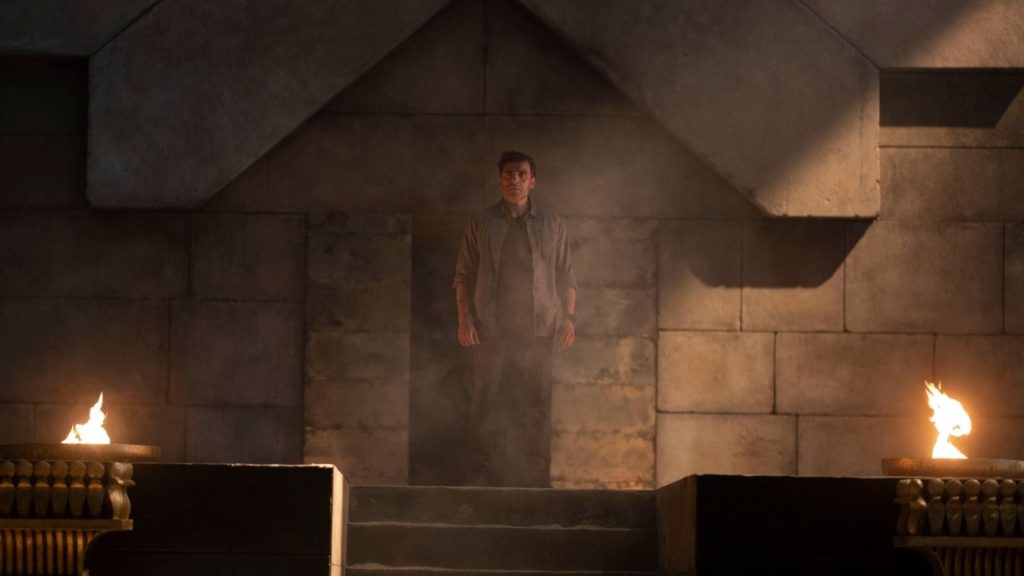
AM: They all have their own flavour to them. Each episode has its own flavour. It’s not quite a bottle episode where you can just inject it in and still have the same story. But they each have this wonderful little personality to them. For us, that’s episodes four and five. We did four, Mohamed did five. Episode five is one of my favourite episodes of TV ever. And we’re also just, of course, really proud to have done four. And it doesn’t exist exactly on its own. And so it’s not quite an episode of TV, and yet it also is so completely different from the other five episodes.

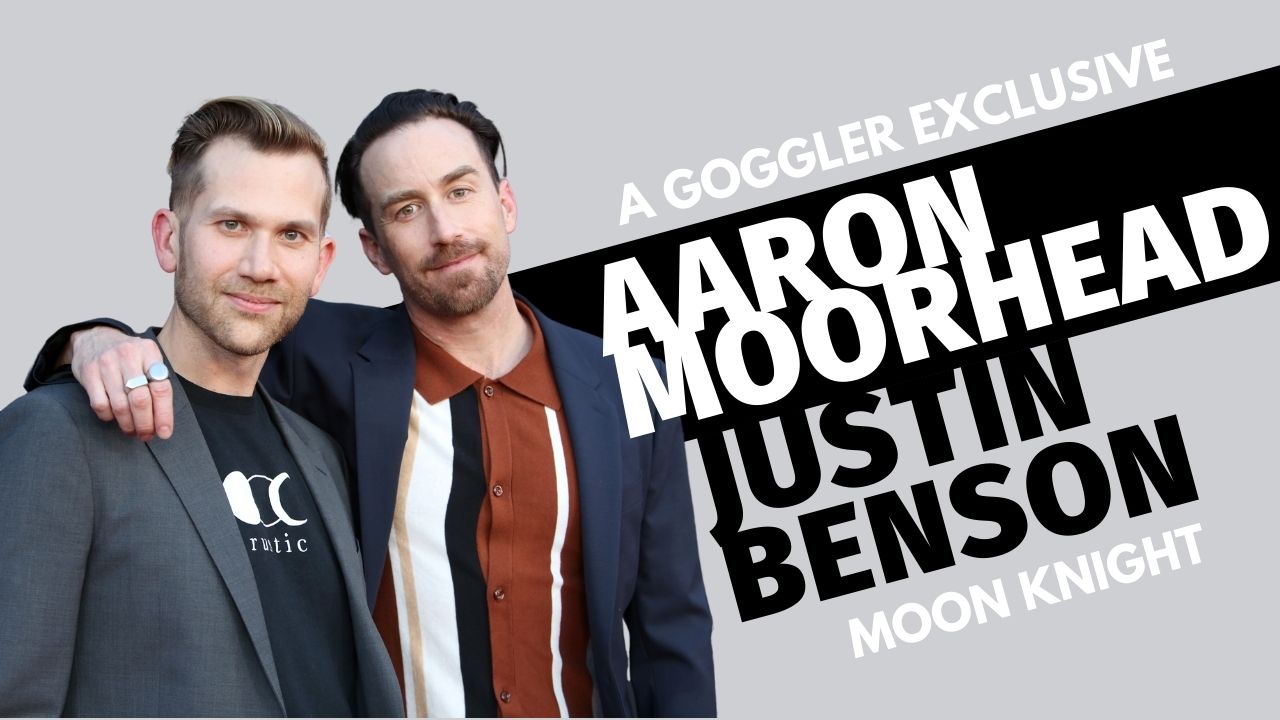
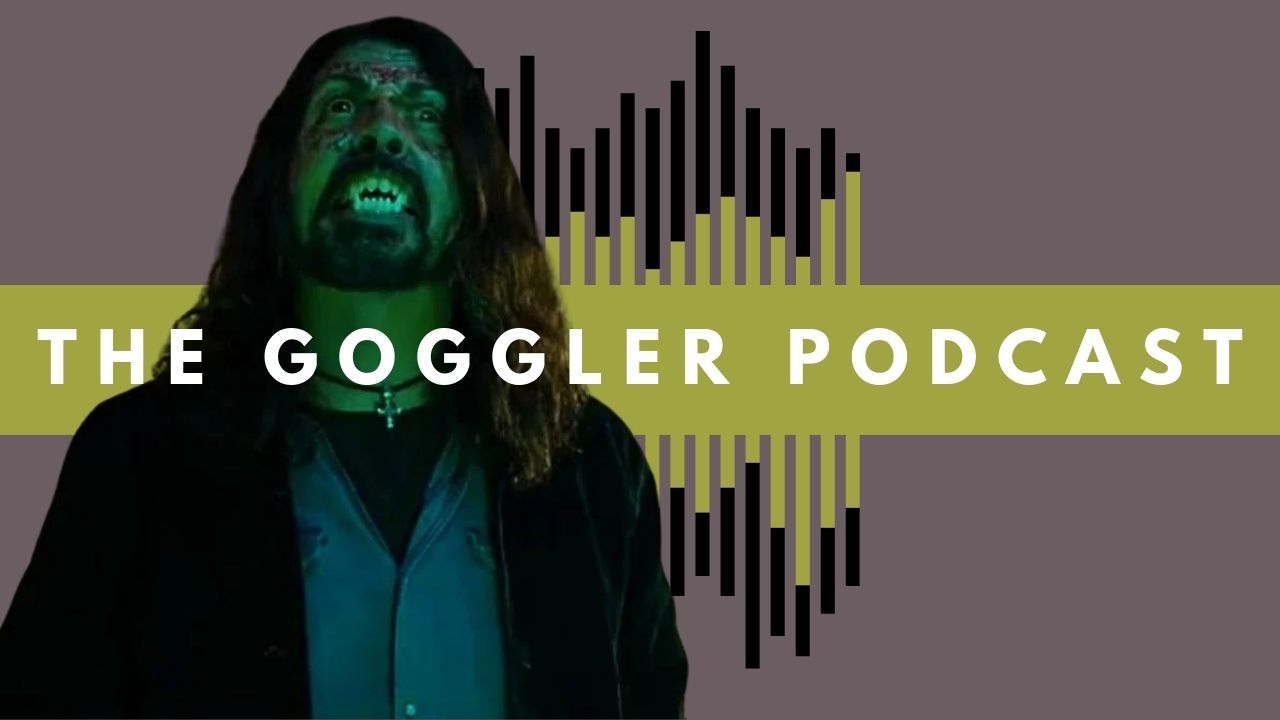
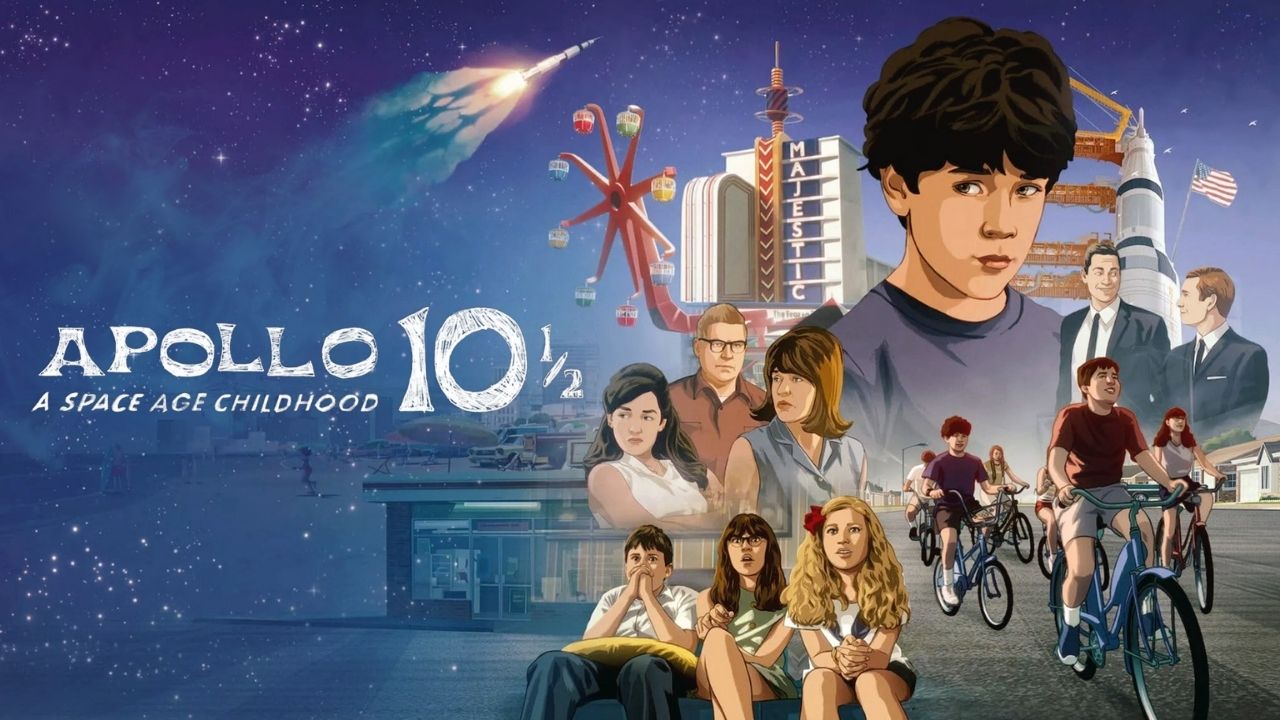
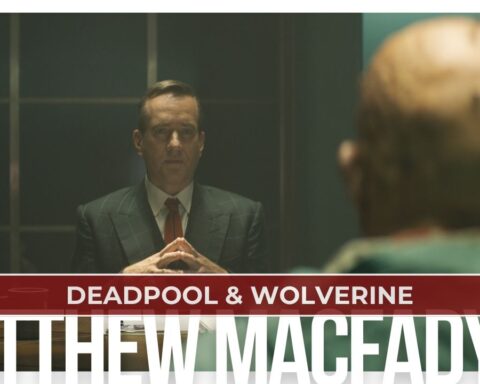
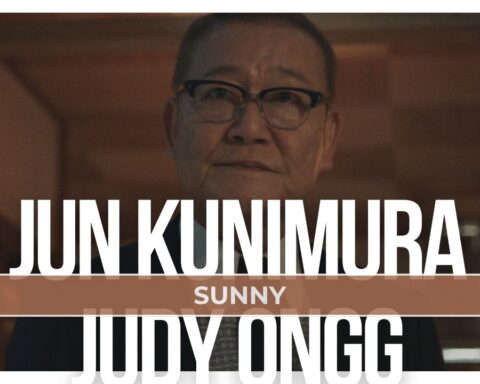
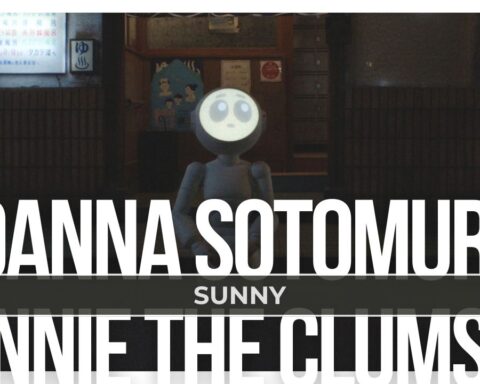
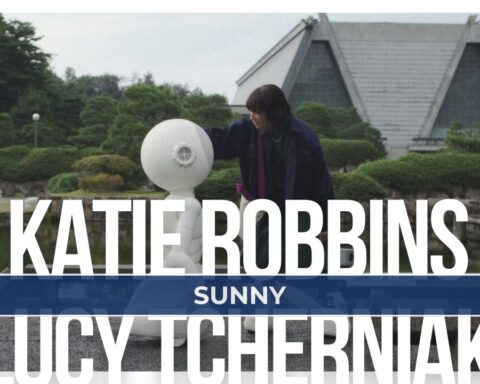
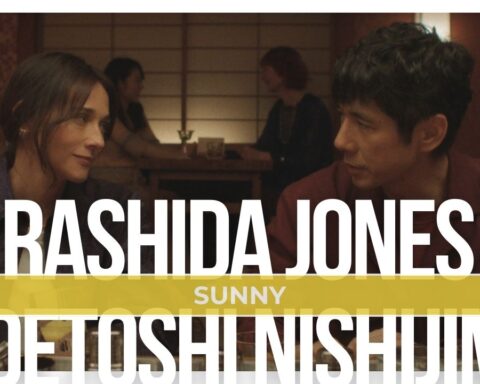
Follow Us